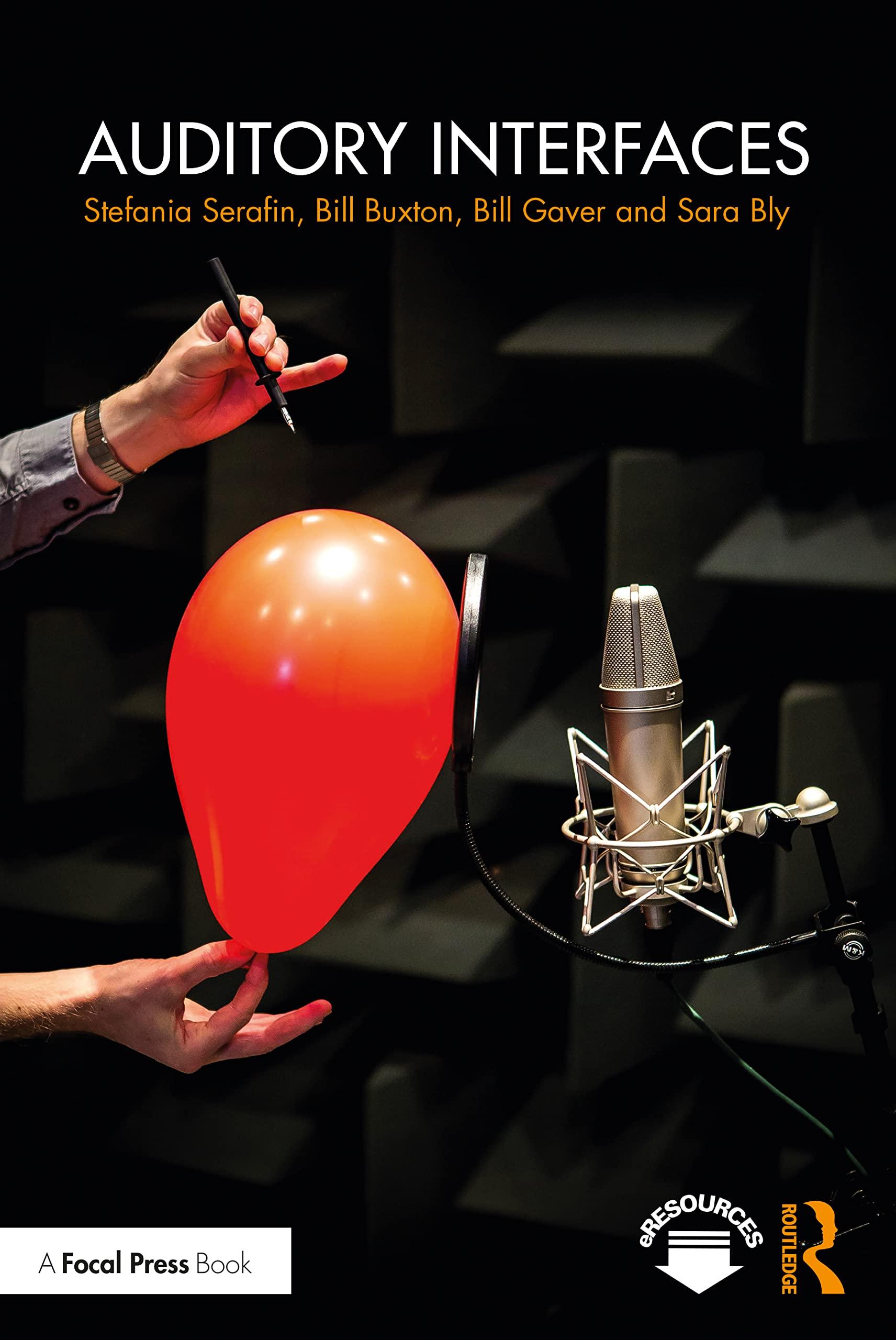Question
Physical Flow, Equivalent Units, Unit Costs, No Beginning WIP Inventory, Activity-Based Costing, DBC McKay, Inc., produces a subassembly used in the production of hydraulic cylinders.
Physical Flow, Equivalent Units, Unit Costs, No Beginning WIP Inventory, Activity-Based Costing, DBC
McKay, Inc., produces a subassembly used in the production of hydraulic cylinders. The subassemblies are produced in three departments: Plate Cutting, Rod Cutting, and Welding. Materials are added at the beginning of the process. Overhead is applied using the following drivers and activity rates:
| Driver | Rate | Actual Usage (by Plate Cutting) | ||
|---|---|---|---|---|
| Direct labor cost | 180% of direct labor | $87,840 | ||
| Inspection hours | $40 per hour | 4,002 hours | ||
| Number of moves | $100 per move | 1,680 moves |
During the first quarter, the Plate Cutting Department used 28,600 hours (direct, indirect, and machine hours) to produce the quarter's output. Other quarterly data for the Plate Cutting Department are as follows:
| Beginning work in process, January 1 | |
| Units started | 90,000 |
| Direct materials cost | $900,000 |
| Units, ending work in process (100% materials; 64% conversion), March 31 | 6,000 |
Required:
Question Content Area
1. Prepare a physical flow schedule. If an answer is zero, enter "0".
| Units to account for: | blank |
| Units, beginning WIPUnits completedUnits, ending WIPUnits, beginning WIP | Units, beginning WIP |
| Units completedUnits, ending WIPUnits startedUnits started | Units started |
| Total units to account for | fill in the blank 48e225fc2f9cf9f_5 |
| Units accounted for: | blank |
| Units, beginning WIPUnits completedUnits startedUnits completed | Units completed |
| Units, beginning WIPUnits, ending WIPUnits startedUnits, ending WIP | Units, ending WIP |
| Total units accounted for | fill in the blank 48e225fc2f9cf9f_10 |
Feedback Area
Feedback
1. A physical flow schedule shows the units to account for and what happened to them.
Question Content Area
2. Calculate equivalent units of production for:
| Equivalent Units | |
| a. Direct Materials | fill in the blank c0c5c7fd0fe302b_1 |
| b. Conversion Costs | fill in the blank c0c5c7fd0fe302b_2 |
3. Calculate unit costs for the following. Round your answers to the nearest cent.
| a. Direct materials | $fill in the blank c0c5c7fd0fe302b_3 | per unit |
| b. Conversion costs | fill in the blank c0c5c7fd0fe302b_4 | per unit |
| c. Total manufacturing | $fill in the blank c0c5c7fd0fe302b_5 | per unit |
4. Provide the following information: a. The total cost of units transferred out $fill in the blank c0c5c7fd0fe302b_6
Feedback Area
Feedback
2. The equivalent units schedule measures the output of the period. A fully completed unit is counted as a unit of output. Output for a unit in ending work in process is counted by its degree of completion.
3. Unit cost = Costs of the period Output of the period
4 a. The cost of goods (services) transferred out is the unit cost multiplied by the units completed. The cost of EWIP is the unit cost multiplied by the equivalent units found in EWIP. The partially completed units and all their associated costs are transferred to the next process (department) by debiting the WIP account of the process (department) receiving the unit and crediting the WIP account of the transferring process (department).
Question Content Area
b. The journal entry for transferring costs from Plate Cutting to Welding
| blank | CashMaterialsOverheadWork in Process-Plate CuttingWork in Process-Rod CuttingWork in Process-Welding | - Select - | |
| CashMaterialsOverheadWork in Process-Plate CuttingWork in Process-Rod Cutting | - Select - |
Feedback Area
Feedback
4 b. Unit cost = Costs of the period Output of the period
Question Content Area
c. The cost assigned to units in ending inventory. Round your answers to the nearest cent. $fill in the blank 8da759ff1facfa2_1
Feedback Area
Feedback
4 c. The cost of goods (services) transferred out is the unit cost multiplied by the units completed. The cost of EWIP is the unit cost multiplied by the equivalent units found in EWIP. The partially completed units and all their associated costs are transferred to the next process (department) by debiting the WIP account of the process (department) receiving the unit and crediting the WIP account of the transferring process (department).
Question Content Area
5. Suppose the plant manager asked the following questions:
a. What is the actual cycle time for the conversion cost output for the plate subassembly (round to four decimal places)? $fill in the blank 0644e4f4d013035_1 hours per unit
b. What is the conversion cost rate for the first quarter, using total conversion costs and total time (round to the nearest cent)? $fill in the blank 0644e4f4d013035_2 per hour
c. What is the conversion cost per unit, using duration-based costing (round to the nearest cent)? $fill in the blank 0644e4f4d013035_3
d. According to production engineering, if efficiency were increased to an ideal level, then the cycle time should be 0.20 hours. If this were to occur, what would the cost per plate be? (round to the nearest cent)? $fill in the blank 0644e4f4d013035_4
Identify the data analytic types (descriptive, diagnostic, predictive, or prescriptive) that apply to parts a. through d. (see Exhibit 2.5 and Exhibit 2.6 for a review of data analytic metrics). Note: More than one data analytic type might apply.
The first three calculations are
descriptivediagnosticpredictiveprescriptive
in nature. The last calculation has elements of
descriptivediagnosticpredictiveprescriptivedescriptive and diagnosticpredictive and prescriptive
.
Step by Step Solution
There are 3 Steps involved in it
Step: 1

Get Instant Access to Expert-Tailored Solutions
See step-by-step solutions with expert insights and AI powered tools for academic success
Step: 2

Step: 3

Ace Your Homework with AI
Get the answers you need in no time with our AI-driven, step-by-step assistance
Get Started


